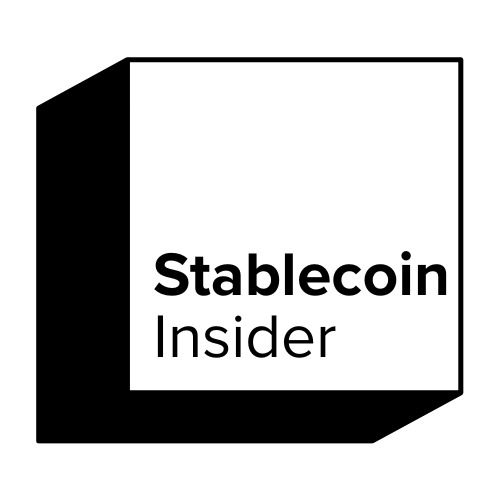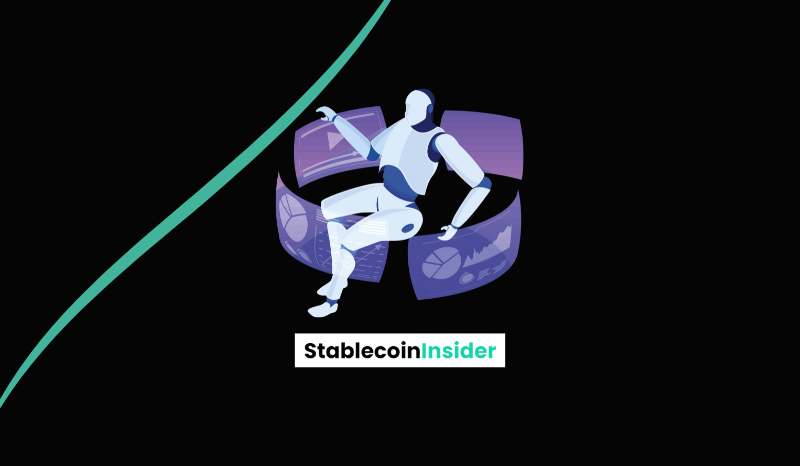In 2025, we are witnessing the rise of crypto AI tokens, which are not only redefining the capabilities of decentralized systems but also pushing the boundaries of what’s possible in machine learning, data processing, and user interaction.
From enhancing the speed of blockchain transactions to creating autonomous agents for complex decision-making, these tokens are at the forefront of technological innovation.
Here, we look into the top 10 AI-integrated crypto projects that are setting the stage for a future where AI and blockchain synergize to create unprecedented solutions.
Top 10 Crypto AI Tokens
1. NEAR Protocol (NEAR)
NEAR Protocol is a layer-1 blockchain platform built for speed, scalability, and simplicity. It employs sharding technology to process thousands of transactions per second with low costs. The protocol is designed to onboard developers with its user-friendly tools and features.
- AI Integration:
- NEAR integrates AI to enhance the efficiency of decentralized applications (dApps), smart contract execution, and resource allocation.
- It supports the deployment of AI-driven tools, enabling developers to create scalable solutions for machine learning and data processing.
- Notable Use Cases: Gaming, decentralized finance (DeFi), and enterprise solutions with integrated AI features.
2. Internet Computer (ICP)
The Internet Computer (ICP) aims to extend the internet’s capabilities by enabling decentralized hosting of software, websites, and applications directly on its blockchain.
- AI Integration:
- AI plays a crucial role in managing decentralized services, ensuring reliability and efficiency in hosting applications.
- It facilitates autonomous smart contracts that can make decisions and execute tasks without human intervention.
- Notable Use Cases: Web hosting, decentralized social media, and data-driven analytics platforms.
3. Render Network (RENDER)
Render Network connects digital artists with individuals who have spare GPU computing power, creating a decentralized rendering ecosystem for 3D projects and virtual reality (VR) experiences.
- AI Integration:
- AI optimizes task allocation across the network to speed up rendering times and enhance image quality.
- Artists use AI tools on Render to create hyper-realistic graphics and animations efficiently.
- Notable Use Cases: Hollywood productions, game development, and VR/AR content creation.
4. Bittensor (TAO)
Bittensor is a decentralized machine learning network where participants collaborate to train and share AI models. Contributors are rewarded for their efforts.
- AI Integration:
- The network enables users to share resources for training AI models collaboratively, creating an open-source AI marketplace.
- It addresses issues like monopolization of AI resources and centralization of machine learning expertise.
- Notable Use Cases: AI research, machine learning model sharing, and decentralized AI-based services.
5. Filecoin (FIL)
Filecoin is a decentralized storage network that allows users to store, retrieve, and share data securely using blockchain technology.
- AI Integration:
- AI algorithms are used to optimize data distribution, retrieval times, and resource utilization across the network.
- Filecoin enhances machine learning workflows by offering scalable and cost-effective storage for large datasets.
- Notable Use Cases: Cloud storage, data archiving, and secure AI model training environments.
6. Fetch.ai (FET)
Fetch.ai is a blockchain platform focusing on building autonomous agents to perform complex tasks without human intervention. It is part of the Artificial Superintelligence Alliance with SingularityNET and Ocean Protocol.
- AI Integration:
- AI-powered agents optimize tasks such as supply chain management, energy grid optimization, and predictive maintenance.
- The platform uses AI to enable autonomous decision-making and execution in decentralized environments.
- Notable Use Cases: Smart cities, transportation networks, and logistics automation.
7. Theta Network (THETA)
Theta Network is a blockchain-based video streaming platform that decentralizes the streaming process, reducing costs and improving quality.
- AI Integration:
- AI algorithms optimize content delivery by predicting user demand and managing bandwidth allocation efficiently.
- AI tools also enhance video compression, streaming latency, and viewer recommendations.
- Notable Use Cases: Esports streaming, decentralized video platforms, and content delivery networks (CDNs).
8. Injective Protocol (INJ)
Injective is a layer-1 blockchain tailored for decentralized finance (DeFi) applications, including derivatives trading, prediction markets, and decentralized exchanges (DEXs).
- AI Integration:
- AI-powered tools on Injective enable advanced market analysis, real-time data processing, and predictive modeling for traders.
- Smart contracts on Injective use AI to dynamically adjust trading parameters and reduce risks.
- Notable Use Cases: DeFi protocols, automated trading strategies, and decentralized market-making.
9. The Graph (GRT)
The Graph is a decentralized indexing protocol designed to query blockchain data efficiently. It powers many popular dApps and DeFi platforms.
- AI Integration:
- AI helps in indexing and organizing blockchain data, making queries faster and more accurate.
- Developers can use AI to analyze trends in on-chain data, enhancing decision-making for their applications.
- Notable Use Cases: Data aggregation, DeFi dashboards, and blockchain analytics.
10. Virtuals Protocol (VIRTUAL)
Virtuals Protocol focuses on enhancing the metaverse by integrating AI technologies into virtual environments.
- AI Integration:
- AI-driven avatars and environments create immersive user experiences, enabling intelligent interactions in virtual spaces.
- The protocol supports the development of autonomous AI entities for gaming, education, and business applications.
- Notable Use Cases: Metaverse development, VR/AR learning platforms, and AI-powered gaming environments.
Conclusion
By integrating AI into their protocols, they are not only improving the functionality and scalability of blockchain networks but also paving the way for new applications that were previously unimaginable.
The journey of these tokens from mere concepts to pivotal players in the blockchain ecosystem underscores the potential of AI to revolutionize how we interact with technology, manage data, and conduct transactions.
As we look forward, the continued evolution and integration of AI in blockchain will likely lead to more sophisticated, secure, and user-centric digital solutions, heralding a new chapter in technological innovation.
Related Articles
FAQ:
What exactly is a ‘crypto AI token’?
A crypto AI token is a cryptocurrency that incorporates artificial intelligence to enhance its functionality, whether it’s through smart contract execution, data processing, or improving the user experience within its ecosystem. These tokens are part of blockchain projects that use AI to solve complex problems or offer new services.
How does AI improve blockchain technology?
AI can enhance blockchain technology by improving scalability, security, and efficiency. For example, AI can optimize transaction processing, predict network load for better resource allocation, automate smart contract actions, and even help in the development of decentralized applications (dApps) by providing predictive analytics or automated functionalities.
Can you invest in these AI crypto tokens?
Yes, you can invest in these tokens through various cryptocurrency exchanges where they are listed. However, like all cryptocurrencies, investing in AI tokens carries risks due to market volatility, regulatory changes, and the technical success of the underlying projects. It’s crucial to conduct thorough research (DYOR) before investing.

